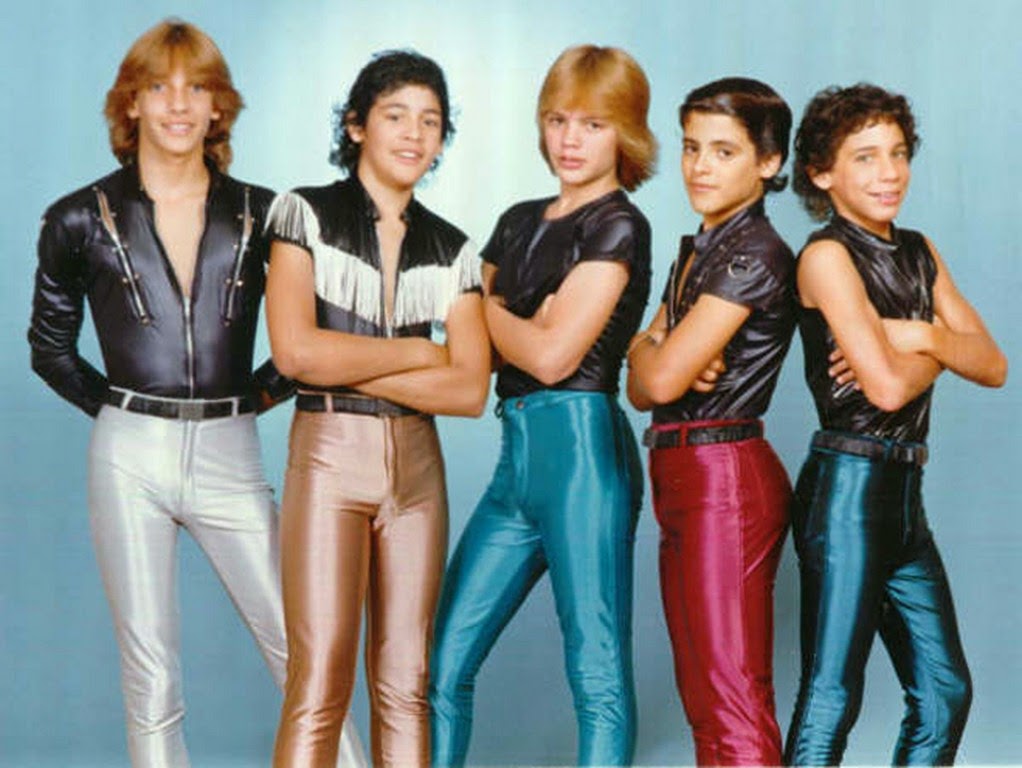There are some days upon which the world is changed. Perhaps a great treaty is signed, or a king assassinated, or a work of art released to blow the minds of its audience. In such a hallowed canon of dates there are many great entries, and it is time to examine August 21st, 1995 against those entries. In light of the greatness of history... August 21st, 1995 was a fairly run-of-the-mill day, with basically nothing out of the ordinary. This is the truth of history: every day is going to be very, very similar, but they can be given meaning.
News of the Day:
 |
| How could anyone look at that face and say "Yeah he'll do great"? |
Another solid article is "Surprising Straw Poll Gives Dole A Glimpse of the Battles Ahead", (Berke) a name that is as generic as it is common; a quick Google search yielded 1,650,000 results, across dates such as 2004, 2007, 2011, 2013, and of course, 1995. This seems quite interesting: no matter the time of history, the news is relatively the same. It's the same thing from now, the same stories. "A Politician is doing politics, and he's doing it better than another politician, according to our politics people!" shouts the media.
 |
| "'Ready, Ames, Fire': Today on Things that Newsmedia Actually Wrote" |
This is written in jest, but it shows something very important: a lot of the "news" that goes on in a given day, whether it's a birthday or not.
Popular at the Time:
The year 1995 was squarely in the middle of a very distinctive decade, the 90's, known for fashion trends that are very, very flashy, but in a minimalist way. This decade saw the onset of new punk chic and casual chic styles, as well as piercings. Flannel, tight pants, Converse, plaid, and microskirts all "took hold," to horrible effect. Take, for example, the "tight shiny pants" style for men, |
| To be fair to the 90s, we have One Direction. |
or, if that isn't enough, the "patterned pants" style.
But then, think about the modern day. Patterned pants are back in, and huge. Just try counting how many people you see with patterns in any "hip" urban area. Skinny pants, Converse, and flannel are all staples of current fashion just as much as the 90s. So, again, in part we can make fun of how the past looks, but we repeat that very same past anyway.
Take the example of the Macarena, a dance that was all the rage during 1995. This revolutionary set of moves swept across America and the world, allowing even the most unskilled dancers to rock the floor. And they promptly did. In fact, even today, people know how to dance the Macarena --several of my friends have taught me time and and time again. The 90s, yet again, repeat to the modern day.
The Truly Important Story:
So maybe August 21st, 1995 wasn't a terribly unusual day. But if nothing out of the ordinary, if no fashions or dances or news happened that shook the world, then why talk about it? Well, the first response would be because a healthy, normal-sized baby was born in Houston, Texas. The doctor told my mother that an epidural injection was necessary, to induce the birth. My father, a prodigious amateur photographer, took legendary numbers of pictures throughout the process, much to his wife's chagrin. Sadly, my mother's dislike of such candid photographs led to many of them being thrown away or otherwise destroyed. When my mother went to pick me up from my basinet, she found me with my arms behind my head, grinning and according to her, saying, “Here I am, world. You may adore me now.”While I doubt my speech was quite that advanced yet, I believe that August 21st is still an important day: because it is a day that changed my life. |
| Picture not really me. |
Citations:
-Weiner, Tim. "C.I.A. Re-examines Hiring Of Ex-Terrorist as Agent." New York Times 21 Aug. 1995. New York Times. Web. 1 Nov. 2014.-Berke, Richard L. "Surprising Straw Poll Gives Dole A Glimpse of the Battles Ahead." New York Times 21 Aug. 1995. New York Times. Web. 1 Nov. 2014.
-Bragg, Rick. "Affirmative Action: One City's Experience; Fighting Bias With Bias and Leaving a Rift." New York Times 21 Aug. 1995. New York Times. Web. 1 Nov. 2014.
-FERRER, MAYA SALVADO. "Riding the Rails to Beijing; Women Headed for Conference Begin 6,000- Mile Journey." The Washington Post 21 Aug. 1995. Web. 1 Nov. 2014. <http://www.highbeam.com/doc/1P2-851759.html?>.








